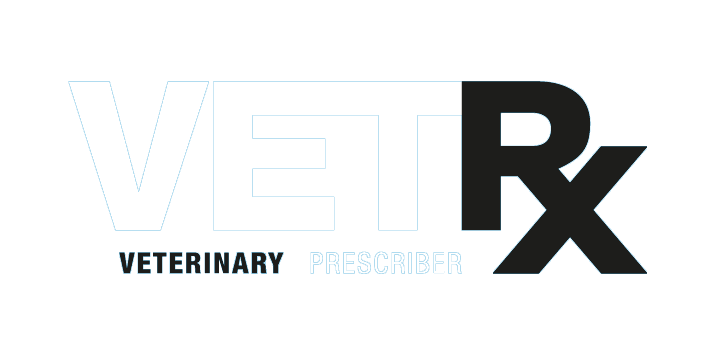Veterinary prescribing
Veterinary prescribing
Supporting vets so that they can prescribe in the best interests of their patients
Prescribing is the act of deciding what medical treatment a patient should receive to cause a beneficial effect. But treatments can also cause harm – to the patient, to people who come into contact with the treatment, to the environment, and through the promotion of antimicrobial resistance. Fundamentally, good prescribing is about using a treatment in a way that maximises the benefits to the patient and minimises the harms.
To be able to prescribe effectively and safely, vets obviously need information about the chosen medicine (dose, route of administration, adverse effects etc) and the characteristics of the patient (breed, age, renal function etc.) that might influence the effects of the medicine. But when there is more than one treatment option (including that of no treatment) they need to know how the different options compare.
If this wasn’t enough to think about, there are often additional considerations, including whether the treatment is licensed, whether it can be administered to the animal, and the cost. So in reality, prescribing is a thought process that involves complex trade offs.
However, considering the importance and complexity of this process, prescribing is an area of veterinary practice that receives little attention. Moreover there are several factors that interfere with the ability to make the best prescribing decisions.
“Considering the importance and complexity of the task, prescribing is an area of veterinary practice that receives little attention”.
The available standard reference sources have limitations. While SPCs/data sheets and formularies are essential guides on how to use specific medicines, sometimes they fall short of supporting treatment decisions in practice. For instance, does the Pardale V SPC statement “do not use with other NSAIDs” mean that paracetamol is an NSAID, and therefore has the same contraindications as meloxicam etc? Vets need more helpful information to work out how to interpret this ambiguous statement.
SPCs and formularies don’t usually give comparative information that helps with treatment choices.
Everyone knows that promotional information gives selective information about a product. But it’s not always easy to see past the claims, and it takes a lot of time and effort to find and put together a balanced assessment of a product.
There is a lot of uncertainty about the legality of prescribing unlicensed medicines and how this relates to the veterinary prescribing cascade. I believe this is in part due to the lack of access to helpful information to support the best prescribing decisions.
Those who want to base their prescribing on evidence are frustrated by the time and effort it takes to search for and evaluate the evidence. Having access to this information in a digested form will enable evidence-based prescribing while allowing vets to get on with their jobs.
Doctors have it much easier than vets – with resources like the British National Formulary and NICE guidelines and evaluations, and more. I’m not advocating straight-jacket guidelines nor am I suggesting rule-breaking or ‘off-piste’ prescribing. But vets do need easy access to knowledge about medicines to allow them to make treatment decisions in the best interest of their patients. We want to help bring about change by drawing attention to the difficulties and giving vets the resources and knowledge they need to be autonomous and confident prescribers.
Andrea Tarr
Founder and Director, Veterinary Prescriber
Our purpose...
......is to provide busy veterinary professionals with impartial information on veterinary medicines with which to make treatment decisions in the best interests of animals, their owners and the environment. We mainly do this through the Virtual Veterinary Medicines Academy where our evidence-based peer-reviewed appraisals are the result of a rigorous research and editorial process and are presented succinctly in our multi-media CPD modules. We’re independent: we don’t sell ads, or receive commercial support. We’re funded by subscribers so you can be sure the information we provide is completely objective. Subscribers get unlimited access to the Virtual Veterinary Medicines Academy.
